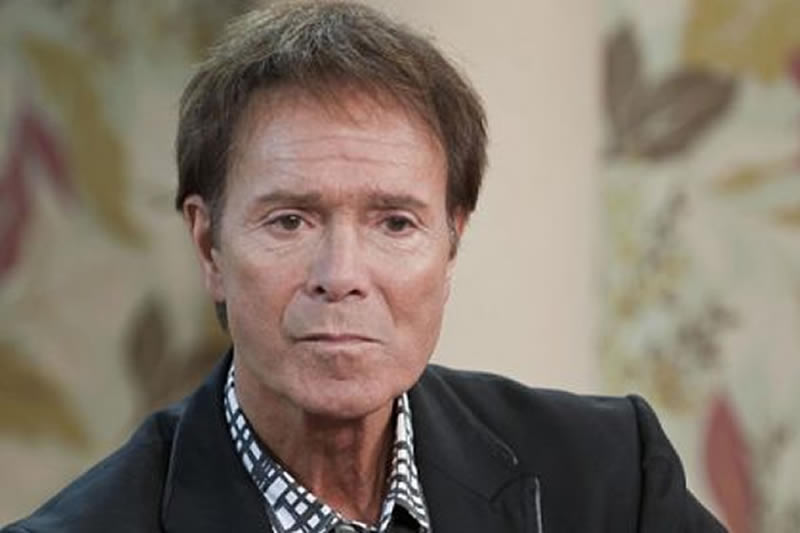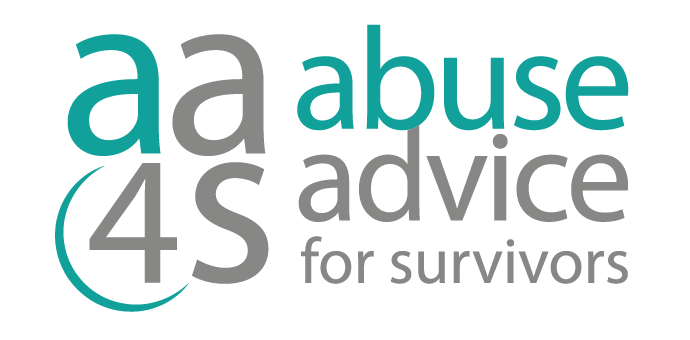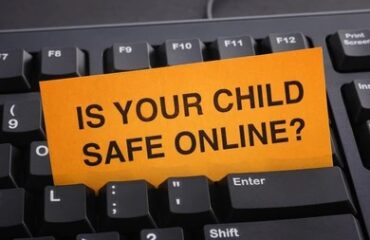
Curious as I am, I thought I would look up the latest arguments on anonymity, and re-consider my views on the subject. It is an argument advanced by those accused of sex offences against children. The alleged falsely accused think it is unfair that the victim of abuse should have anonymity whereas the alleged perpetrator must suffer the embarassment, and life changing publicity of exposure for a crime, they maintain they have not committed, the principle under British Justice being, of course “innocent until proven guilty”.
I found a very learned paper authored by the Bar Council which argued for a change in the law in so far as the period of time before charge and after arrest, which the police have used before, particularly in multi-party prosecutions to invite other complaints, of benefit to the cumulative nature of the evidence. Alleged abusers, obviously, object to the principle of what the Police would call “similar fact evidence” from other complainants against the same abuser, on the basis that “no smoke without fire is a logical fallacy”.
The Police College have theorised the subject and recommended that those arrested for sexual offences should not be named until they are charged, on the basis that, by the time of a charge being levied, the police have satisfied themselves that they can bring a successful prosecution due to the strength of the evidence against the accused. You may have noticed the news broadcasts that “a 45 year old man from Luton has been charged with 3 offences of gross indecency”
It took the allegations against celebrities such Cliff Richard and Paul Gambaccini to wind up the campaign hard for anonymity for sex offenders. I remind myself how many times this topic has arisen and been debated over the last 21 years that I have been representing the victims of child abuse in various institutions and within the family.
The mood of opinion tends to swing like a pendulum from one side to the other. Thankfully, sympathy is usually with the victim of rape, indecent assault, and cruelty, particularly because, in general terms, they are usually minors under the age of 18 who clearly are vulnerable, and in need of special protection by the law. One must not forget, however, the elderly, and those suffering from mental disorders, some of whom lack capacity.
The scales of justice, however, must also protect those who are accused of serious sexual offences, so as to redress any balance shown in favour of the victim. It has been the law since the 1990’s that victims of abuse are entitled to anonymity when they are complainants in criminal cases. The law has also extended this privilege to civil proceedings. The media are prohibited from publishing their name or any information which may lead to their identification. The same privilege is not afforded to the accused who can be named at any time whether arrested, charged, or acquitted.
Celebrities, however, are more concerned than ordinary members of the public, because their success is deeply rooted in their media profile. Thus, that same reputation can be ruined if they are accused of sexual offences, whether they are guilty or not.
So, should the law provide equal protection to the accused as it does to the victim? If so should there be a distinction made when the accused is charged, because at that time the fact becomes public knowledge, but little or no facts can be published which are not announced in open court.
I understand the notion that the accused does not want exposure when he is caught because, as was the case with Paul Gambaccini, he was never charged and remained on bail for a year – an agonising wait. On the other hand, police do not arrest people on the spur of the moment, especially when they have a big public profile. They are well aware of the consequences if no charges are filed.
In abuse instances, police seldom charge someone based on the unsupported evidence of a single person.
They are aware that they must prove the offence beyond a reasonable doubt, and that, in the case of a celebrity, their actions would be scrutinised for flaws.
Because there is disagreement in the media about naming the accused, their practise is frequently to maintain anonymity, so that if the media publishes any material, it is often as a result of a leak, rather than at the request of the police.
It is rare for the media to be chastised, but it is their desire for sensationalism that sparks the debate, rather than any purposeful obstacle to reporting. The situation would not be as severe if it were not for the media and the public’s need for celebrity stories.
Celebrities, who gain their renown by regular contact with the media, may be unable to complain when the news does not help them, but rather criticises them.
If their identity is given at any time, but especially before charging, it is because the police believe that many victims who are unknown to them have not disclosed and made themselves known. This is especially true in cases of institutional abuse, when the perpetrator has been exposed to children on a regular basis for a period of years, increasing the likelihood of other victims coming forward.
I have witnessed numerous instances when, as a result of publicity around a case, additional victims have come forward, strengthening the case and lengthening the term received by the accused. Furthermore, on at least two occasions, the accused has utilised the media to solicit witnesses of good character, only to be disappointed when more victims file charges against them with the police.
The accused’s standard defence is that the police are conducting a witch hunt and trying to build a case against them on fake evidence. If you believe that all of the victims cooperated to offer false testimony, this only works in a multi-claimant case, which is the norm. While false charges do occur, all data indicates that they are in the minority, certainly not enough to urge Parliament to modify the law and provide the accused anonymity.
When the law of anonymity does not apply to people accused of murder, manslaughter, robbery, or burglary, why should a special case be made and celebrities charged with sexual offences be protected? One cannot, therefore, argue that a witch hunt is more likely when the charge involves interference with a minor and the accused is in the public eye.
Finally, the scales of justice must reflect the power available to both the prosecution and the defence in a criminal case. The power imbalance in an instance of child abuse is generally with the abuser, who preys on a defenceless child. He/she manipulates, grooms, and persuades him/her to succumb to his/her power. To correct the power imbalance, the law must protect the kid or vulnerable adult from the abuser.
I do not believe that the law will be changed to provide complete anonymity to individuals accused of abuse, however I can see good arguments being given prior to charging. But, I doubt that there will be political will given that abuse is such a high priority in government affairs.



